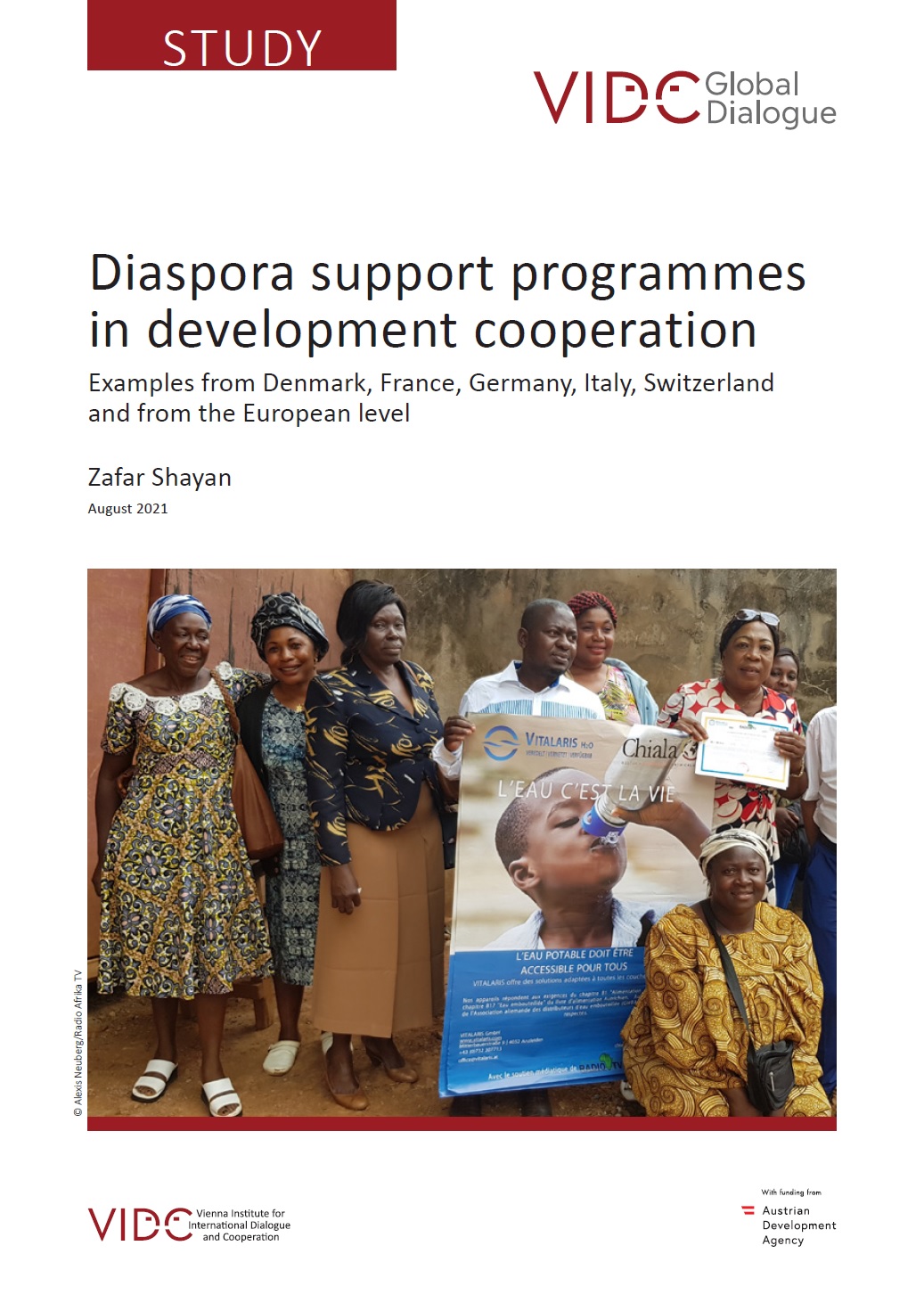
In recent decades, development policymakers have recognised diasporas as actors with the potential to contribute to the development process (SDC, 2018). Diaspora members have helped reduce poverty and create opportunities for economic growth in their countries of origin, through remittances, entrepreneurship and knowledge transfer, as a result of which their role in development has been acknowledged in international debates (Padoan & Stocchiero, 2017). This means that migrants are not only considered as people in need, but also as development actors who can play a role in the economic growth of these countries. The starting point for the recognition of diaspora communities as development actors is their remittances to their countries of origin. This has led to the establishment of government bodies for DOs and individuals in various countries in order to support and mobilise these diasporas to effectively take part in the development process (SDC, 2018). As structured institutions, DOs are well placed to carry out wider development activities for communities in the Global South. European countries have therefore initiated various programmes, such as capacity building, networking, and funding mechanisms for development projects and diaspora investment, in order to boost and realise this potential for development in their countries of origin.
This study provides information related to current diaspora support programmes and documents examples of diaspora engagement in development cooperation and humanitarian assistance at the European level in five European countries: Denmark, France, Germany, Italy and Switzerland, and from the European Commission. After researching and reviewing the development policies and examples of diaspora-related initiatives in these countries, it was concluded that the selected countries are very active in supporting diasporas and their involvement in development cooperation and humanitarian assistance, and that various related initiatives are currently being implemented.
In line with the 17 Sustainable Development Goals (SDGs) outlined in the 2030 Agenda, development policy must contribute to a decent and good life for all. This is to be achieved by advocacy for fair political, economic and social frameworks, as well as through the use of operational instruments. While humanitarian aid provides emergency assistance to people during and immediately after disasters and conflicts, development cooperation has a more long-term effect. Its goal is to reduce poverty and hunger, to improve people’s living conditions and to give them prospects for the future. Humanitarian aid and development cooperation are to be understood as a continuum, i.e. humanitarian aid measures or projects sometimes merge smoothly into development cooperation measures and projects. Some DOs and individuals are also active in integration activities in their countries of residence, however this study focuses only on diaspora involvement in development cooperation and humanitarian assistance. It aims to provide practical recommendations, inspired by examples in European countries, to various institutional actors to enable the development of a diaspora-funding programme for Austria and to stimulate innovative forms of funding.
_________
The report was published on www.vidc.org